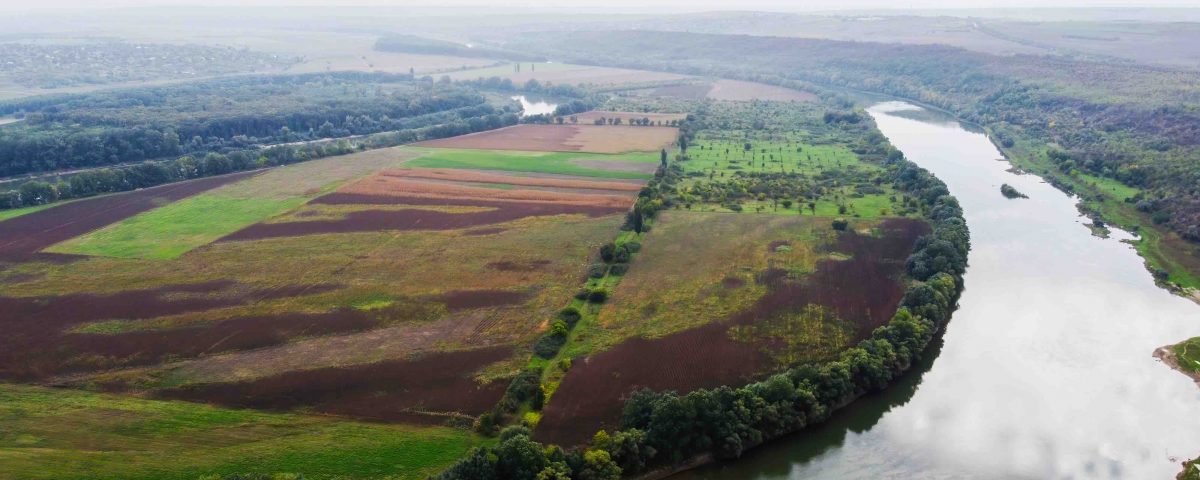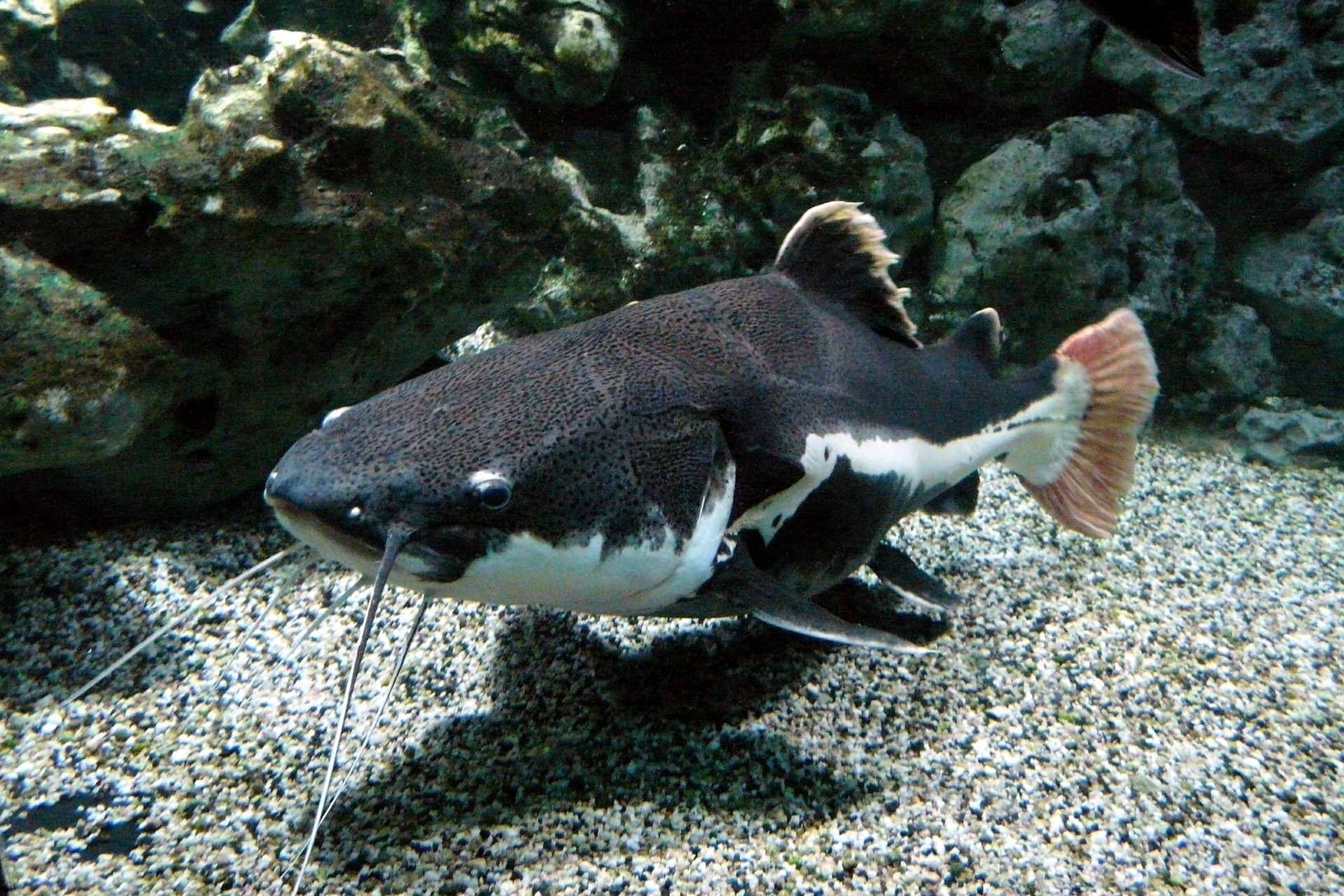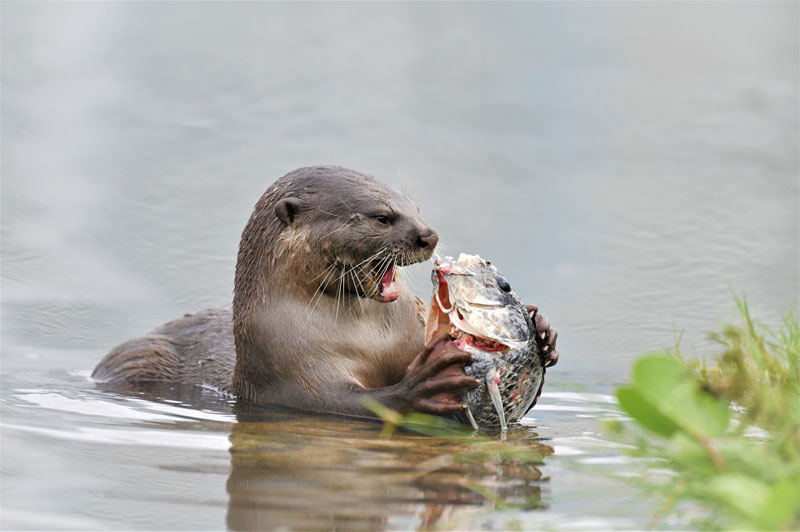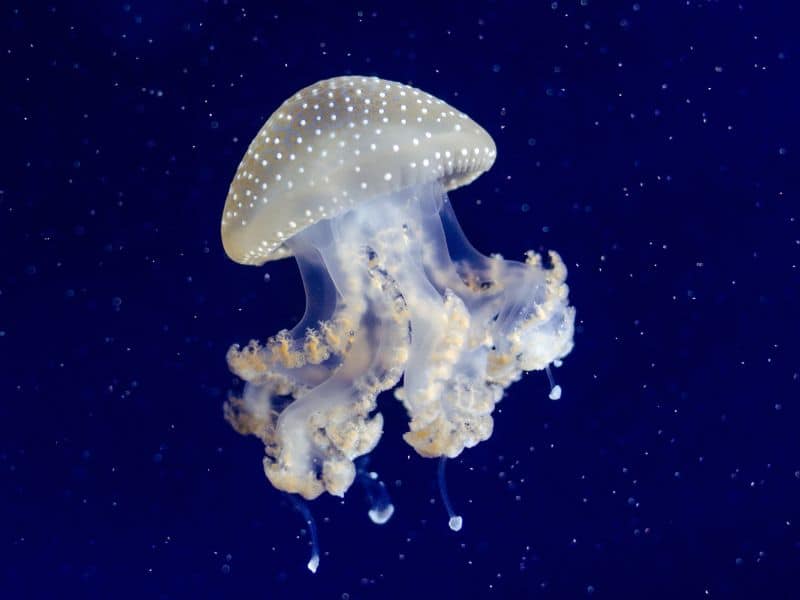Go Green turns 3 years old, with the same spirit and enthusiasm to resume its environmental activities with all the people who over the years have been with us. We had fun, raised awareness and learned to take care of the environment, to see that the simplest things are the most satisfactory.
As soon as the global situation allows us, GO Green will go out to sea to continue its small and humble mission. In the meantime, GO Green and Dressel Divers are actively involved in providing logistical and human support to Iberostar’s Wave of Change movement. Volunteering in all its forms and manifestations has to be the axis and the pillar of the success of environmental movements.
World’s Forgotten Fish Report
As you know, GO Green’s environment of action is the oceans, but today its motto “Detox the oceans detox your legacy” is focused on rivers, lakes and wetlands. GO Green wants to support The World’s Forgotten Fish Report, signed by 16 global conservation organizations.
The planet’s freshwater is home to more species per square kilometer than land or oceans, highlights an extraordinary variety of freshwater fish (18,075 species, 51 percent of all known species), despite the fact that rivers, lakes and wetlands only occupy 1 percent of the planet’s total surface area.







